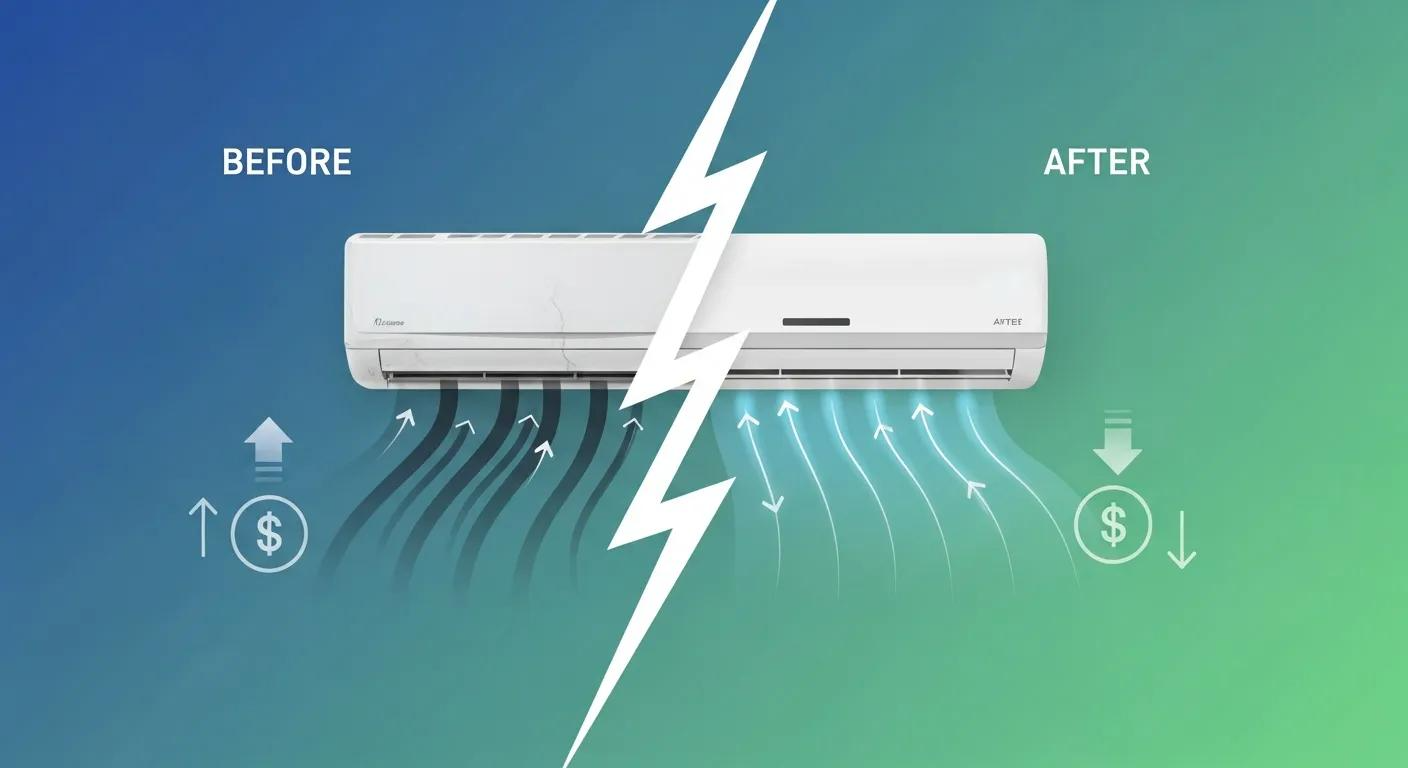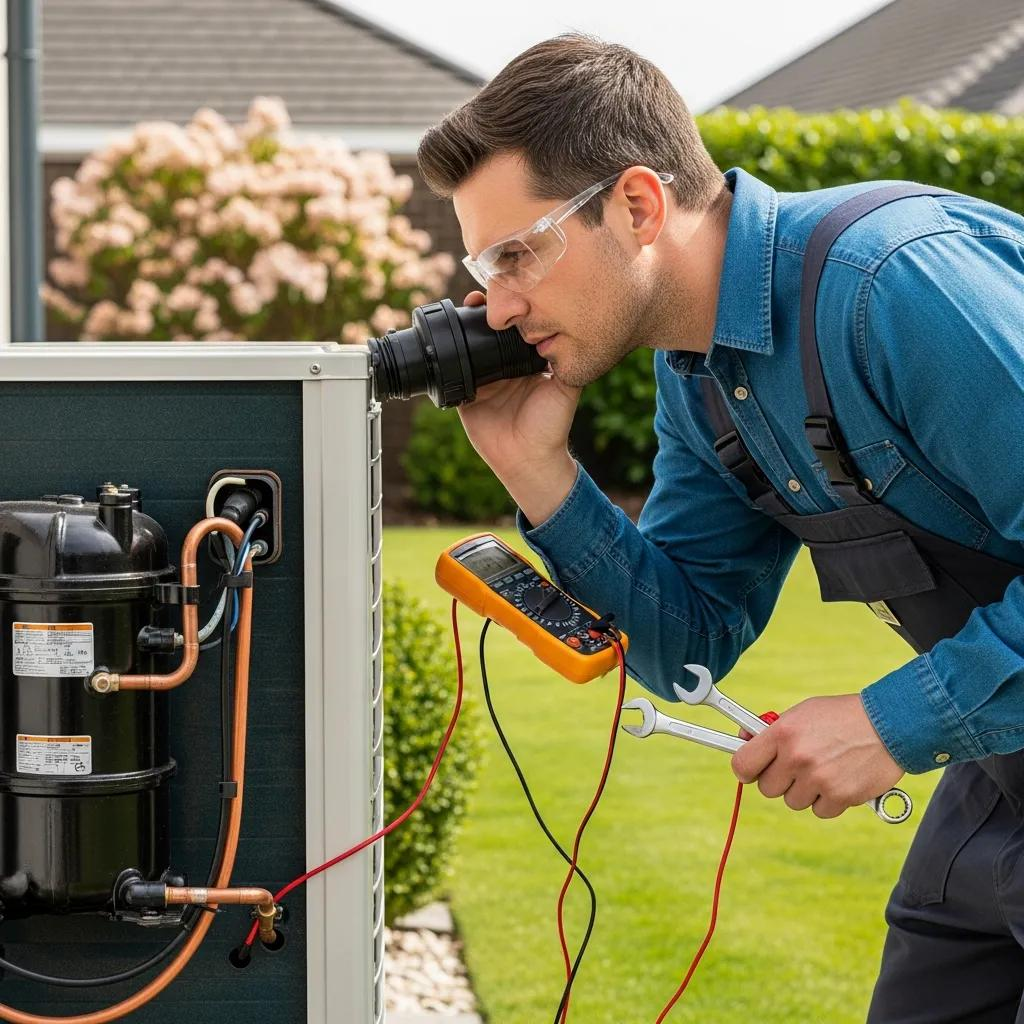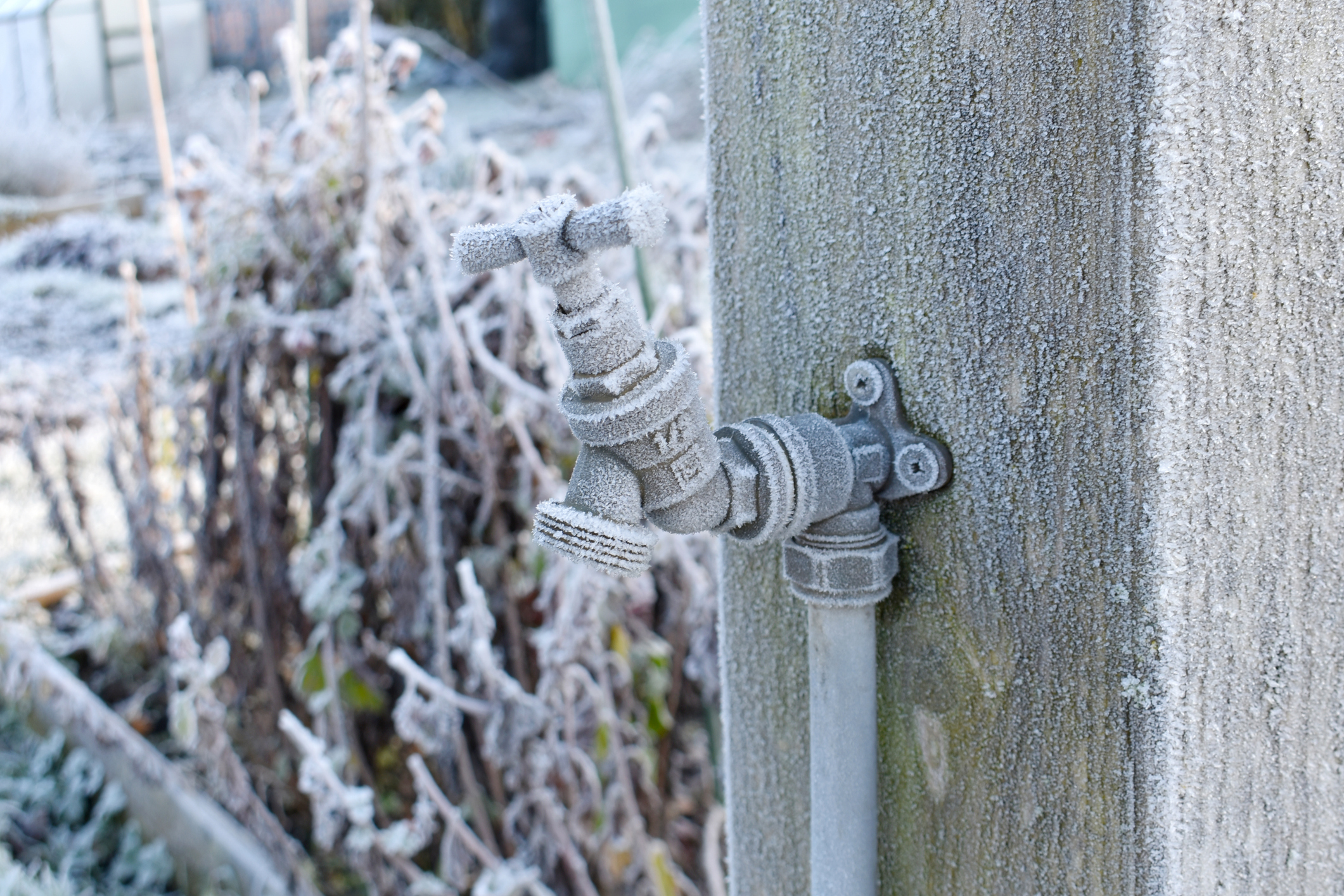Dehumidifiers for Improved Indoor Air Quality and Energy Efficiency
Managing indoor humidity levels is an essential aspect of maintaining a comfortable and healthy environment in residential, commercial, light commercial, new construction, and industrial properties. High humidity can negatively impact air quality, create favorable conditions for mold and mildew growth, and reduce the efficiency of your heating, ventilation, and air conditioning (HVAC) system. Incorporating a dehumidifier into your HVAC setup can effectively address these issues by maintaining optimal indoor humidity levels year-round.
We will delve into the advantages of using a dehumidifier, the various types of dehumidifiers available, and guidance on selecting the right dehumidification solution for your property's unique needs. Our experienced technicians are dedicated to assisting you in finding, installing, and maintaining the ideal dehumidification system to achieve enhanced indoor air quality, improved occupant comfort, and increased HVAC efficiency.
Benefits of Using a Dehumidifier for Your Property
Integrating a dehumidifier into your HVAC system offers a range of advantages that contribute to a healthier and more comfortable environment:
- Enhanced indoor air quality: By controlling excess humidity, dehumidifiers help to maintain a more comfortable indoor environment while mitigating potential health issues caused by mold, mildew, and allergens. Proper humidity levels also reduce the presence of dust mites and other indoor contaminants.
- Occupant comfort: High humidity levels can make the air feel heavy and uncomfortable, particularly during warmer months. A dehumidifier can maintain optimal humidity levels, ensuring a more pleasant indoor environment for building occupants.
- Protection for your property: Excess humidity can lead to condensation, which may damage building materials, wood furnishings, and electronics. By maintaining appropriate humidity levels, dehumidifiers help to prevent such damage and protect your property.
- Improved HVAC efficiency: When the air in your property is too humid, your HVAC system needs to work harder to cool the space, which can increase energy consumption. A dehumidifier reduces this burden, aiding the HVAC system in operating more efficiently and possibly cutting down on energy costs.
Types of Dehumidifiers and Their Features
Understanding the different types of dehumidifiers, their features, and their suitability for particular applications will help you make an informed decision:
- Refrigerant-based dehumidifiers: These units work by passing humid air over a cold surface, causing the moisture in the air to condense and collect in a reservoir or drain. Refrigerant-based dehumidifiers are most effective at moderate to high humidity levels and are widely used in residential, commercial, and light commercial settings.
- Desiccant dehumidifiers: These devices utilize a desiccant material to absorb moisture from the air, effectively reducing humidity levels. Desiccant dehumidifiers are more efficient at lower humidity levels and temperatures, making them well-suited for colder climates and industrial applications where precise humidity control is required.
Selecting the Right Dehumidifier for Your Property
When choosing a dehumidifier for your property, consider the following factors to ensure that the system aligns with your specific needs and preferences:
- Property size and layout: Your property's size and layout will affect the dehumidifier's capacity and placement. Larger spaces may require higher-capacity dehumidifiers or multiple units to effectively manage humidity levels throughout the property.
- Climate and humidity levels: Consider the climate in your area and the typical humidity levels your property experiences, as this will inform the type and capacity of the dehumidifier best suited to your needs.
- Energy efficiency: Evaluate different dehumidifier models for energy efficiency to identify the model that will provide optimal humidity control without significantly increasing your energy costs.
- Maintenance requirements: Consider the maintenance needs of the dehumidifier, including filter replacements and cleaning procedures, to ensure it continues operating at peak performance levels.
Professional Installation and Support from Our Technicians
Our team of experienced technicians offers expert guidance in selecting and installing the perfect dehumidification solution for your property. We work closely with our clients to understand their unique requirements and preferences, recommending the most appropriate dehumidifier to achieve optimal indoor air quality and energy efficiency.
Our dedication to excellence extends beyond the initial installation. We provide ongoing support and maintenance services, ensuring that your dehumidification system continues to operate at peak performance levels, benefiting your property and its occupants.
Conclusion: Boost Indoor Air Quality and HVAC Efficiency with a Dehumidifier
Incorporating a dehumidifier into your HVAC system is a critical investment for property owners seeking to enhance indoor air quality, improve occupant comfort, and support efficient HVAC operations. By understanding the advantages, types, and selection factors related to dehumidifiers, you can make well-informed decisions that contribute to a healthier and more comfortable indoor environment.
Partnering with knowledgeable and experienced technicians like our professionals at Your Comfort Heating & A/C is key to ensuring the proper selection, installation, and maintenance of your dehumidification solution. Contact our HVAC company in Brigham City today to explore dehumidifier options tailored to your property's needs and enjoy the benefits of a healthier, more comfortable, and energy-efficient indoor environment.
Customer Testimonials
Read what our satisfied customers have to say about our reliable HVAC services and expert solutions for home comfort and efficiency.







Great Financing Options
We’ve partnered with trusted lenders to offer flexible financing solutions that fit your budget. Whether you’re looking to start a new project or upgrade your home, we make it easy and affordable.Explore your options today and take the next step with confidence.
Blogs


Heat Pump Compressor Repair & Replacement









